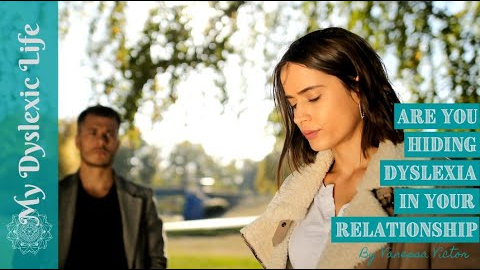Breaking the Procrastination Cycle
If you have ADHD or dyslexia, you may be familiar with the struggle. Procrastination seems to be common in neurodiverse individuals. A good thing to remember is that delay does not equal procrastination. So it might be good to give yourself some slack when you have a good reason to delay something.
At its core, procrastination has to do with emotional regulation. Negative feelings tend to come up for neurodiverse people when faced with specific tasks. For someone with dyslexia, it might be having to read a long work report; for someone with autism, it could be the next networking event at work. In those situations, procrastination becomes more likely. When procrastinating, we choose a short-term solution to deal with these negative emotions. But the issue is that it creates more pressure in the long run, so we tend to feel even worse after. If you manage to find different and improved ways to deal with your negative emotions toward specific tasks, you will find that procrastination will become less of an issue. A good starting point in dealing with procrastination would be to focus on your emotional health–look into meditation, mindfulness, and self-compassion.
Here’s some of the literature I consulted to create this video:
- Fuschia Sirois, Do it now: Overcoming Procrastination, Audible original
- Klassen, R. M., Krawchuk, L. L., Lynch, S. L., & Rajani, S. (2008). Procrastination and motivation of undergraduates with learning disabilities: A Mixed‐Methods inquiry. Learning Disabilities Research & Practice, 23(3), 137-147.
- Hen, M., & Goroshit, M. (2014). Academic procrastination, emotional intelligence, academic self-efficacy, and GPA: A comparison between students with and without learning disabilities. Journal of learning disabilities, 47(2), 116-124.
- Niermann, H. C., & Scheres, A. (2014). The relation between procrastination and symptoms of attention‐deficit hyperactivity disorder (ADHD) in undergraduate students. International journal of methods in psychiatric research, 23(4), 411-421. Chicago









